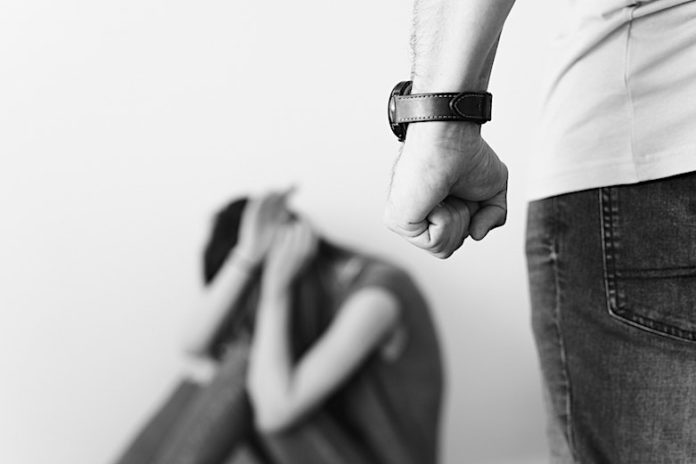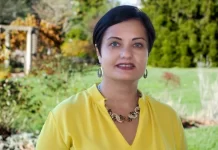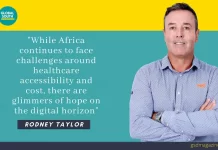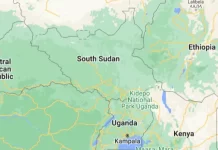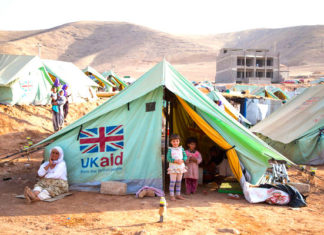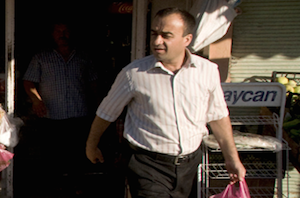More than 50 women have accused Ebola aid workers from the World Health Organization and leading NGOs of sexual exploitation and abuse in the Democratic Republic of Congo, an investigation by The New Humanitarian and the Thomson Reuters Foundation has revealed.
The abuse and exploitation took place between 2018 and 2020, and the victims worked mostly as cooks, cleaners, and community outreach workers in several aid agencies active in eastern part of DR Congo.
The women reported that they were drugged with drinks, ambushed in offices and hospitals and locked in rooms by men they identified as aid workers. Some of the victims were propmised a job offer in exchange for a sexual favor, while the ones with a job contract were threatened to be sacked if they were unwilling to offer sexual favour in return.
Some of the accused men came from Belgium, France, Canada, Côte d’Ivoire, and Guinea.
Aid agencies invoved in the scandal are several, including the World Health Organization (WHO), UNICEF, Oxfam, Doctors Without Borders (MSF), World Vision, ALIMA, and the International Organization for Migration (IOM).
The number and similarity of many of the accounts from women in the eastern city of Beni suggest the practice was widespread.
Although the women did not know all of the men’s nationalities, they said some came from Belgium, France, Canada, Côte d’Ivoire, and Guinea.
One woman told the New Humanitarian that the practice of men demanding sex was so common that it was the only way of finding a job. Another called it a “passport to employment”.
One 25-year-old cleaner said she was already working for the WHO when a doctor invited her to his house in 2018 to discuss a promotion. On arrival, he took her into his bedroom.
“He shut the door and told me, ‘There’s a condition. We need to have sex right now’,” she said.
“He started to take my clothes off me. I stepped back, but he forced himself against me and kept pulling off my clothes. I started crying and told him to stop… he didn’t stop so I opened the door and ran outside.”
The women reporting abuse said most sexual encounters took place at hotels that doubled as hubs for UN and NGO offices. Among the favourite spots were the Okapi Palace hotel and Hotel Beni, where aid groups had offices and often booked blocks of rooms.
Another woman – a 32-year-old Ebola survivor – said she was phoned by a man who invited her to come for a counselling session at a hotel. Ebola patients’ telephone numbers were routinely taken for follow-up care after they were discharged.
In the lobby, she was offered a soft drink. Hours later, she said she woke up naked and alone in a hotel room. She believes she was raped.
“I lost my husband to Ebola,” she said, adding that she stayed silent about the incident because she already felt shunned by people afraid of catching Ebola from her. “Instead of help, all I got was more trauma.”
UN Secretary-General Antonio Guterres, who has been made aware of the allegations, has called for them to be “investigated fully.”


